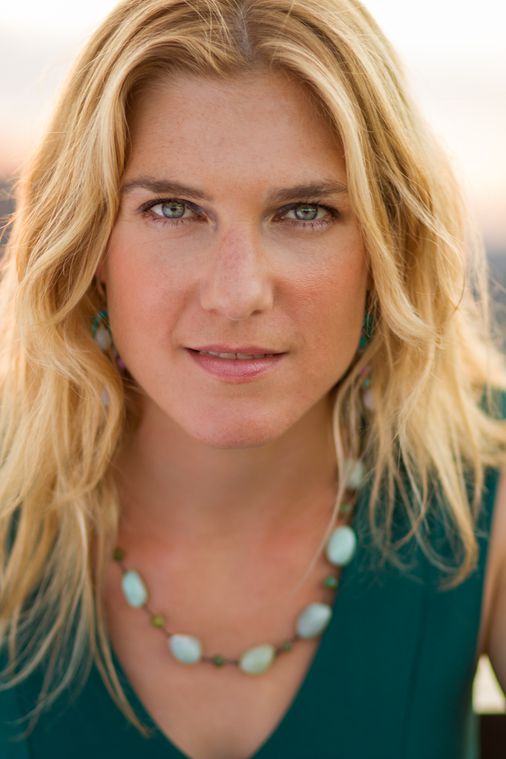Kamenetz combines tales from the front with analysis of what happened to systems meant to support the nation’s children and their families — and the ways in which the pandemic revealed that they were barely systems at all.
As a correspondent for National Public Radio, Kamenetz began receiving e-mails from mental health professionals in June 2020. Their increasingly urgent message as the months wore on: The kids are not all right.
Depression among young people was skyrocketing, as were exhausted therapists’ caseloads. Among the children whose poignant stories Kamenetz recounts is Oliver, a kindergartner who simply stopped eating and took to his bed once he understood that he would not return to school.
We now know that learning loss during the pandemic was widespread. Tests administered earlier this year found that 9-year-olds had fallen markedly behind in math, and that their reading scores had dropped by the largest margin in more than 30 years.
Much more than learning was at stake. Given the nation’s relatively weak social safety nets, Kamenetz writes, the schools have often functioned as islands in the storm. Crucially, they offer a place for children to be while parents are at work.
For many youngsters, the schools have also addressed nutritional needs. When the pandemic forced closures, schools scrambled to find ways of continuing to feed some 30 million students who had depended on free or reduced-price meals. Especially in the early months of the pandemic, surveys showed spikes not just in household food insecurity but actual hunger among children.
The strongest thread running through “The Stolen Years” might be Kamenetz’s take on the inadequacy of US child care. Pandemic-related school closings deprived 50 million children of support systems on which their families had come to depend.
Not surprisingly, mothers left their jobs in droves. Those who could not were often forced into impossible binds, as child-care options grew scarce. Kamenetz gives the example of Shaina Bell, arrested in Ohio for leaving two children alone so she could go to her job at a Little Caesar’s.
In Kamenetz’s account, the history of US child care is a depressing history of almosts. Group child-care centers sprang up during World War II as mothers went off to work, but after that, attempts to establish public day care foundered.
The pandemic drove home the vast amount of care actually needed. Senator Elizabeth Warren’s push to have child care acknowledged as a form of infrastructure received fresh attention. Yet already, the upheaval brought about by the pandemic is looking insufficient to spur change. Though approved by the House last year, a package of policies that included a child tax credit and paid family leave was dropped from the recently signed Inflation Reduction Act.
School closings fell hardest on low-income students and children of color. In “The Mamas: What I Learned About Kids, Class, and Race From Moms Not Like Me,” Helena Andrews-Dyer, a Black mother, describes trying to raise two small children during the pandemic, and the special pressures felt by Black families hoping to maintain a foothold in the middle class.
Even more than politics, all parenting is local. In a gentrifying Washington, D.C., neighborhood, Andrews-Dyer found herself relying on a group of white mothers for friendship and advice, and examining her own often contradictory feelings about their approach to child rearing (baby yoga and all).
A writer for The Washington Post, Andrews-Dyer works sociological findings into her witty, profanity-laced account, broadening our appreciation of how early, perhaps even inevitably, Black children experience discrimination.
One Black couple she knew, both professionals, had bent over backward to shield their daughter by raising her strictly among other Black people. Then, pressed by the pandemic, they placed her in a mixed-race learning pod. She came home shortly with a question: “Mommy, are Black people bad?”
Yet Andrews-Dyer feels humbled when, after George Floyd’s slaying, one of the white mothers in her group compiles a list of 41 antiracist children’s books. “Y’all,” she confesses, “I owned exactly two. Two.”
Above all, she concludes, the necessity of new mothers finding comrades-in-arms “can’t be overstated” — regardless of race. Ensuring that the kids are all right means making sure the caregivers are too.
M. J. Andersen’s column appears monthly.



